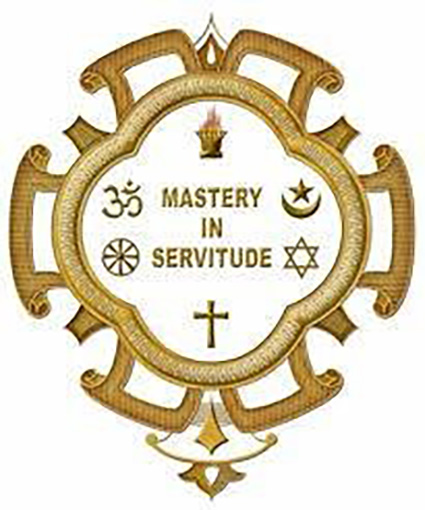Advaita Vedanta is a school of Hindu philosophy that presents an explanation of human behavior. Briefly, it states that the behavior of a human under a set of stimuli is conditioned by past behaviors that have, so to say, grooved a path in the human psyche that is so strong that the person must act in accordance with this direction.
Meher Baba’s literature not only followed this explanation but brought it into greater prominence. A wiki article on this topic as understood by scholars of Vedanta is here and a version according to Meher Baba’s explanation is here. Meher Baba’s explanation of these habit patterns uses the term “sanskaras,” and needs to be grasped to make most sense of the influence of this effect on the development and evolution of human consciousness.
Sanskaras might be termed impressions, habits, pre-dispositions, leanings or tendencies, but with emphasis on the coercive effect of these patterns on consciousness. Here are some Meher Baba quotes on the topic:
Human actions are based upon the operation of the impressions stored in the mind through previous experiences. Every thought, emotion, and act is grounded in groups of impressions that, when considered objectively, are seen to be modifications of the mind. These impressions are deposits of previous experiences and become the most important factors in determining the course of present and future experience. The mind is constantly creating and gathering such impressions in the course of its experience.
When occupied with the physical objects of this world (such as the body, nature, and other things), the mind is, so to say, externalized and creates gross impressions. When it is busy with its own subjective mental processes, which are the expressions of already existing sanskaras, it creates subtle and mental impressions. The question whether sanskaras come first or experience comes first is like the question whether the hen or the egg comes first. Both are conditions of each other and develop side by side. The problem of understanding the significance of human experience, therefore, turns around the problem of understanding the formation and function of sanskaras.
The preceding two paragraphs sourced from Discourses, 7th edition, online edition, Part 1, pp. 32-33.
The Soul becomes free of the binding of impressions through various paths. And Love is the most important of these paths, leading to the Realization of God. Through this love, the Soul becomes entirely absorbed in God, ultimately forgetting itself completely. It is then that, all of a sudden, Knowledge comes as swiftly as the lightning bolt which burns to ashes all that it falls upon. This Knowledge uproots illusions, doubts and worries, and apparent sufferings are instantaneously replaced by everlasting peace and eternal bliss, which is the Goal of all existence. The Soul now, free from its illusions, realizes its original Unity of Being. Sourced from Lord Meher Online Edition, p 2940 Manonash
The impressions (Sanskaras) of the experiences of the innumerable past lives of an individual remain in his mental body in the form of thoughts which lie, like seeds, latent and unmanifested. When faced with suitable circumstances and environments, these thoughts are expressed in the subtle body as desires and emotions. And these, when expressed more fully, develop into physical actions in the gross body. Sourced from The Awakener Magazine, Vol 6, Number 3, page 31.
